Wisdom from the Netherlands
The country with the lowest sexual assault rate, what are they doing right?
Because this year’s theme was “Education as Relationship,” the Taos Conference offered wisdom from teachers and policy-makers around the world, who brought wisdom from their culture to each conversation. As I sat taking copious notes, listening to the thoughtfulness these educators bring to planning their curriculum, I felt new inspiration for my own teaching journey.
For example, I learned from a participant in the BSBW presentation, that the Netherlands has the lowest rate of teen pregnancy in the world, as well as the lowest rate of sexual assault. According to the World Data Atlas, in 2015 there were 7.1 incidents of rape per 100,000 people in the Netherlands, whereas 1 out of every 6 American women will be the victim of attempted or complete rape.
Why such an extreme disparity between the two countries?
One answer lies with the country’s culture. The Netherlands are known for an open and honest approach to sex and sexual expression since these are viewed as a natural part of the maturation process for children.
When sexual desire is seen as a normal facet of adolescence, there’s an early understanding of how this force will inevitably affect teenagers. Likewise, teens in the Netherlands learn at a young age how to be mindful when out with friends, such as maintaining the mandate that whoever goes out together, comes home together.
At Be Strong, Be Wise, we try to lend some of that wisdom to our classes by exploring what it means for young people to see their friends as their “power group.” When everyone is in a certain respect, responsible for each other, it’s easy to discover the very simple steps that lower risk. (If interested in learning about how we are supporting sexual safety for teens, visit our Be Strong, Be Wise Youth Program page.)
It’s inspiring to discover that a country like the Netherlands, who shares a similar philosophy to Be Strong, Be Wise, is having such success in creating safety-minded thinking in young people.

